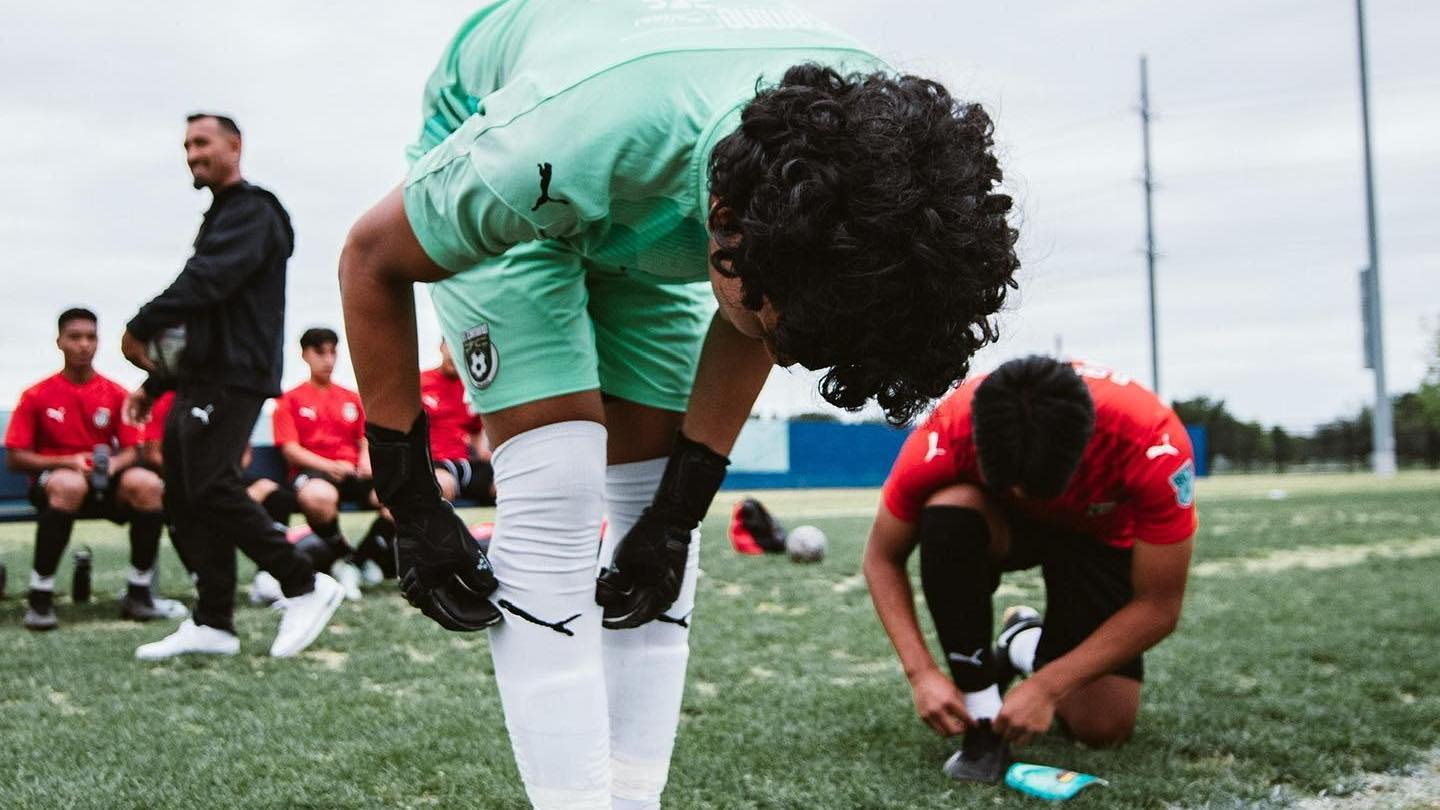For the Class of 2025, the future is now for college recruiting. Starting on June 15, college coaches will be allowed to communicate with recruits from the class off campus. This step really opens the floodgates, as it gives both colleges and student-athletes more flexibility in navigating the recruiting process. While it’s certainly exciting, it can also be a bit intimidating, especially for players and parents that have never been a part of this process.
To help clear up the confusion, here is some key information to know as players enter the next step in the recruiting process.
Understand The Difference Between June 15th and August 1st
While June 15 is huge step in the college recruiting process, it’s important to note that there are still some barriers remaining as to what players can and cannot do. After June 15, players from the class of 2025 will be able to communicate with college coaches. However, they still can’t make official or unofficial visits to campus. Those can only be done after August 1 of their junior year. After June 15, players can receive unofficial verbal offers from the coach and discuss financial aid.
[+Class of 2025 SoccerWire Featured Players set to enter active recruiting window on June 15]
Continue To Research The Schools That You Are Interested In
Many players will have already set up college recruiting accounts with either NCSA or one of the various other college recruiting platforms. While it’s ideal to create an account during freshman year to understand how the software works and to start researching colleges, sophomore year is also fine. Any platform that the player chooses will have an abundance of information on schools from across the country and include not just athletic information, but also important academic information as well.
Although it’s still early in the process, players and their parents should start thinking about what type of college they are looking for. Note-taking and organizing information in a clear, consistent manner is key here.
Some good questions to use include:
- What subjects in school do I like/which ones do I not like?
- Do I want to go to college near my home or far away?
- What are some of the prerequisites (SAT/ACT, GPA, core courses) into getting into this school?
- Is this school a state school or a private school and what sort of scholarships do they offer?
Write Letters To Your Colleges of Interest
The process of writing letters to the colleges that players are interested is something that has been done for decades. While electronic messaging has largely replaced the paper letter, both are still critical in the recruiting process. Colleges need to know that players are interested in them so making sure that the letter is buttoned up is integral to making a good first impression. Key information that should be contained in this initial piece of correspondence includes:
- Your name and why you are interested in the school;
- Some basic academic and athletic information about yourself;
- What community organizations/civic groups/clubs that you are involved with;
- How you feel that you would be a good addition to the team and also the school itself;
This letter is similar to that of an employment cover letter in that you want to hit all of the basics about yourself in a concise manner (i.e. if it goes to two pages, it’s too long). Much like with a cover letter, it’s important to make sure that it is checked for spelling and grammar before it goes out. Having a second or third set of eyes on it is imperative to make sure that small errors are corrected and that it is the best reflection of one’s self.
Set Up A Public Social Media Handle To Show Your Academic/Athletic Skills
Social media is becoming a major part of the college recruiting process and if used properly it can really enhance a player’s chances of being recruited. As we have discussed over the past few weeks, creating an account that shows not just your athletic achievements, but also the academic and off-the-field ones as well will help colleges understand you as a player and a person better.
Watch College Games (And Not Just Highlights)
Although this fits under the ‘research the schools’ umbrella it’s an important part of the process that involves special recognition. Finding the right soccer program that fits your skillset and where you think you can succeed is extremely important. So it takes a little more research into ensuring that the team that you are looking to play for will be the right fit. The only way to do that is watch games and take notes. Understand how the team operates on the pitch, where their strengths and where your style of play might fit in. If the college that you are interested in is local, go to the games (thankfully most tickets are relatively cheap or free). If they aren’t, try to watch them online and don’t just watch the highlights.
Attend College ID Camps
College ID camps are not the golden ticket to getting a college offer, but they are a great way to see how you measure against other players in your age group and to have an idea about how the game is played at the next level. After you attend make sure to send a thank you email to the coaches for allowing you to participate and provide your contact information/college recruiting accounts.
Have A Good Support System In Place
The college recruiting process is long and can be extremely difficult to navigate at times. While it might seem like a good idea to do it by yourself, it is always good to have someone to lean on or to bounce ideas off of. The most obvious choice for this are your parents but also teachers, guidance counselors, and coaches are also great sources of knowledge who can help you navigate through it all. It is hard sometimes to ask for help, but the people in your life that want you to succeed will do everything they can to make it happen so make sure to utilize and thank them for all their support.








